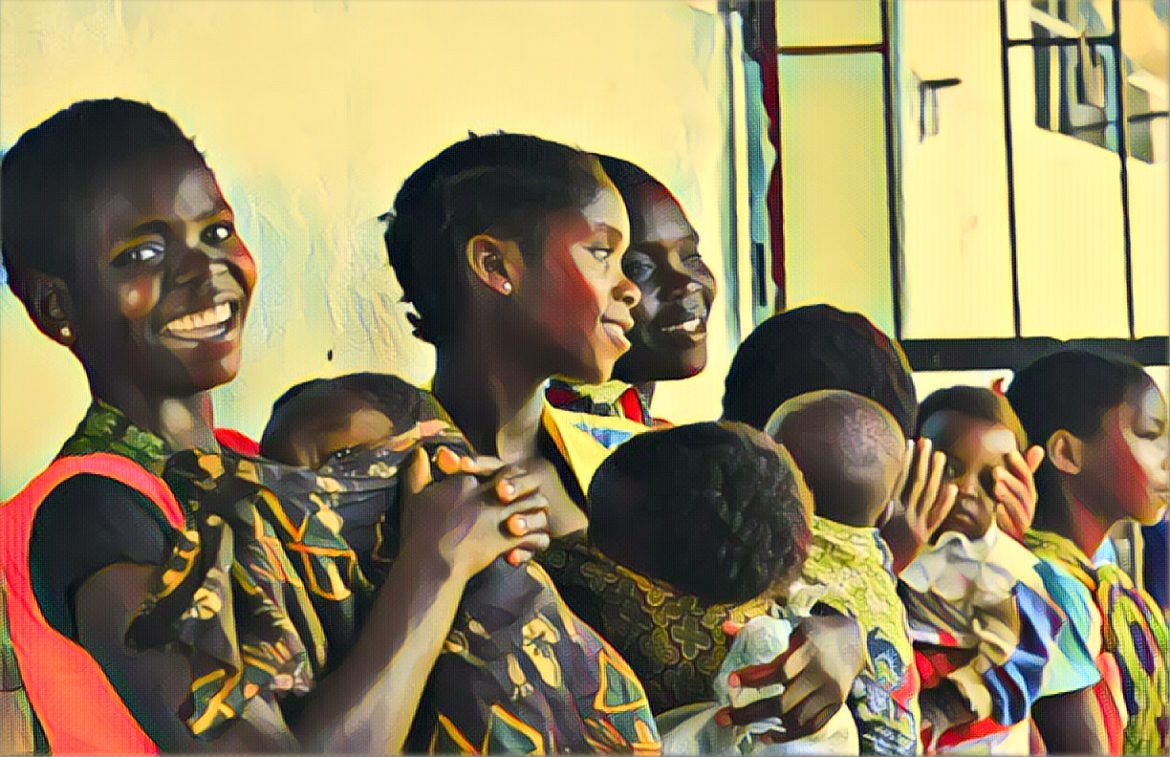In a shocking revelation, a leaked conversation between two students from Chitungwiza, discussing their sexual encounters with a teacher, has thrown a spotlight on the escalating crisis of child sexual abuse in Zimbabwe’s educational institutions.
The viral dialogue has rocked communities nationwide, underscoring a dangerous abuse of authority and breach of professional ethics by individuals tasked with educating and safeguarding children. The explicitness of the conversation underscores the students’ susceptibility and the critical need for robust protective measures in schools.
NewsDay Zimbabwe investigations expose an alarming trend: children, some as young as those in Grade 7, actively participating in sexual activities. Some Grade 5 students confessed to kissing peers. Personal accounts from these young participants present a grim snapshot of their daily lives.
One former student, now a 15-year-old child bride, recounted, “Curiosity led me into it, but it quickly became routine, influenced by older students and friends.”
Disturbingly, videos of students in group sex acts have recently spread like wildfire online. The United Nations Children’s Fund (Unicef) reports that Zimbabwe sees 1 million child brides, with young women comprising one-third of early marriages. Additionally, 22% of girls aged 15–19 are already mothers, and adolescent pregnancies account for a substantial portion of maternal deaths.
According to a report by Newsday Zimbabwe, the HIV epidemic also looms large over Zimbabwean youth, with over 85,000 adolescents living with the virus. Furthermore, an alarming 4.1% of girls aged 13–17 have experienced sexual violence, and nearly half of the nation’s teenagers are not attending school.
Caleb Mutandwa, a child rights attorney, highlights economic strife and societal pressures as significant drivers behind underage sexual activity. “Children, exposed to mature content and wanting to fit in, experiment sexually. However, poverty pushes some into sex for survival, often leading to early marriages,” Mutandwa explained.
Pardon Taodzera, a social analyst, stresses the urgency of comprehensive sex education, emphasizing consent, healthy relationships, and substance abuse perils. He calls for a collaborative approach to stemming this disturbing trend.
Ekenia Chifamba, director of Shamwari yeMwanasikana, echoes this, urging stronger measures to defend girls’ rights as child marriage rates soar. Despite new protective legislation like the Child Justice Bill and the amended Marriage Act, efforts to mitigate child marriages remain largely ineffective.
The education ministry’s spokesperson, Taungana Ndoro, affirmed that teachers involved in such misconduct face severe professional repercussions. With the government enacting stricter punishments for child rights violations, Assistant Commissioner Paul Nyathi reaffirmed the police’s commitment to apprehending those facilitating child marriages.
Best Ndlovu, from the Scripture Union Zimbabwe-Thuthuka Children’s Project, pinpoints parental absence as a significant contributor to the rising abuse, while Lloyd Mlotshwa, founding president of Lleat Foundation, points to social media and drug influence as exacerbating factors.
The National Assessment on Adolescent Pregnancies in Zimbabwe 2023 indicates a staggering 23.7% pregnancy rate among 10- to 19-year-olds, highlighting an urgent need for national introspection and action on protecting the country’s youth.


